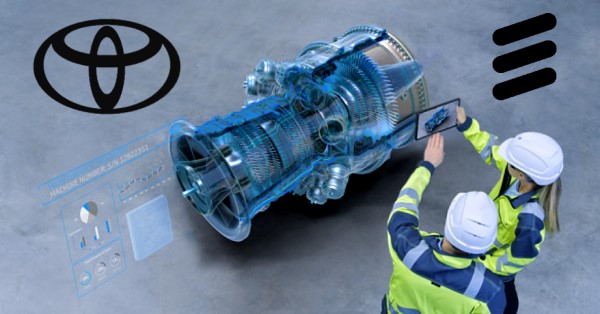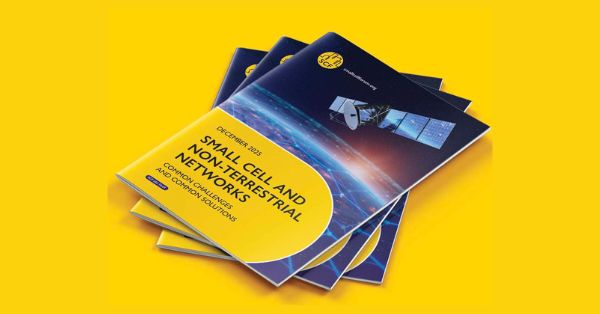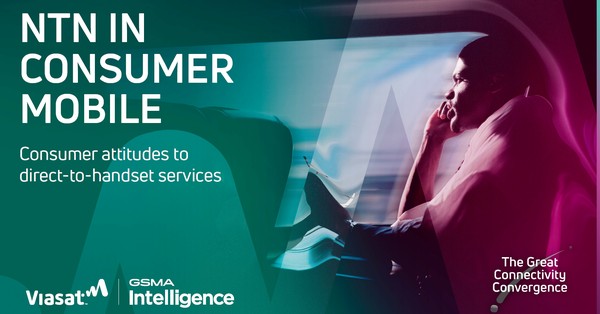Introduction | Ericsson’s Private 5G Transforms Toyota Material Handling Operations
In an era where efficiency and connectivity are paramount, Toyota Material Handling has taken a significant leap forward by integrating Ericsson‘s Private 5G technology into its major production complex in Columbus, Indiana, U.S. This collaboration between Ericsson, STEP, and Toyota Material Handling marks a pivotal shift towards modernizing and streamlining operations, highlighting the transformative power of Private 5G networks in industrial settings.
Challenges of Toyota Material Handling’s Columbus facility
Before the implementation, Toyota Material Handling’s Columbus facility relied on traditional Wi-Fi solutions for connectivity. However, these were not without their issues – disruptions and connectivity losses were not uncommon, which hampered productivity, delayed deliveries, and affected employee morale.
Solution Ericsson’s Private 5G Network
Ericsson’s Private 5G network, designed and installed in collaboration with channel partner STEP, emerged as the solution to these challenges. Leveraging the CBRS spectrum, the facility now enjoys uninterrupted connectivity across its sprawling 200,000 square feet warehouse. The cornerstone of this solution is Ericsson’s Radio Dot System, which is specifically tailored for indoor connectivity, ensuring robust and secure wireless coverage throughout the premises.
Since the operational launch of the Private 5G network in November 2023, Toyota Material Handling has reported significant improvements. The switch from Wi-Fi to Private 5G has resulted in increased productivity, faster deliveries, and boosted employee morale – all critical components of a successful industrial operation.
Technology Choice
The choice to adopt Ericsson’s Private 5G technology was influenced by the need for a reliable, secure, and scalable connectivity solution. The Ericsson Radio Dot System stands out for its ability to extend carrier coverage optimally, supporting worker communications, IoT-based predictive maintenance, fleet management, and telematics.
Benefits
The benefits of this transformation are manifold. Apart from the immediate improvements in productivity and delivery times, the Private 5G network ensures a secure data environment. This is crucial for Toyota Material Handling as it continues to explore and implement Industry 4.0 strategies, including automation and the use of automated vehicles in its operations.
This case study exemplifies the impact of Private 5G networks in transforming industrial operations. It demonstrates how advanced connectivity solutions can address the diverse needs of modern businesses, driving efficiency, security, and operational excellence.
Company’s Role
Toyota Material Handling has positioned itself at the forefront of adopting and benefiting from technological innovations. By embracing Private 5G, the company not only resolves its immediate connectivity challenges but also sets a benchmark for the industry in leveraging technology for operational excellence.
Ericsson and STEP | Partners’ Role
Ericsson and STEP have played pivotal roles in this transformation. Their expertise in designing and deploying Private 5G networks has enabled Toyota Material Handling to achieve its operational goals swiftly and effectively, showcasing the power of collaboration in achieving technological advancements.
Status and Timeline
As of now, Toyota Material Handling’s Columbus facility is a shining example of how Private 5G networks can transform industrial operations. The successful deployment and the reported benefits underscore the network’s reliability and the potential for wider adoption across other Toyota facilities.
The transition to Private 5G was completed in a remarkably short timeframe, with Ericsson and STEP implementing the network within two to three months – a task that would have taken significantly longer through direct coordination with telecom providers.
Endorsements
The success of this project has been acknowledged by both Toyota and its partners.
Daniel Schumacher, Vice President of IT Technology at Toyota Material Handling North America, praised the collaboration for its efficiency and focus on customer priorities. Similarly, Ed Walton, CEO of STEP, highlighted the scalability and flexibility offered by Private 5G in meeting diverse operational needs.
Toyota Material Handling’s embrace of Ericsson’s Private 5G network is a testament to the transformative potential of advanced connectivity solutions in the industrial sector. As the company continues to explore further automation and Industry 4.0 innovations, its journey represents a roadmap for others seeking to harness the power of technology to enhance their operations.








































